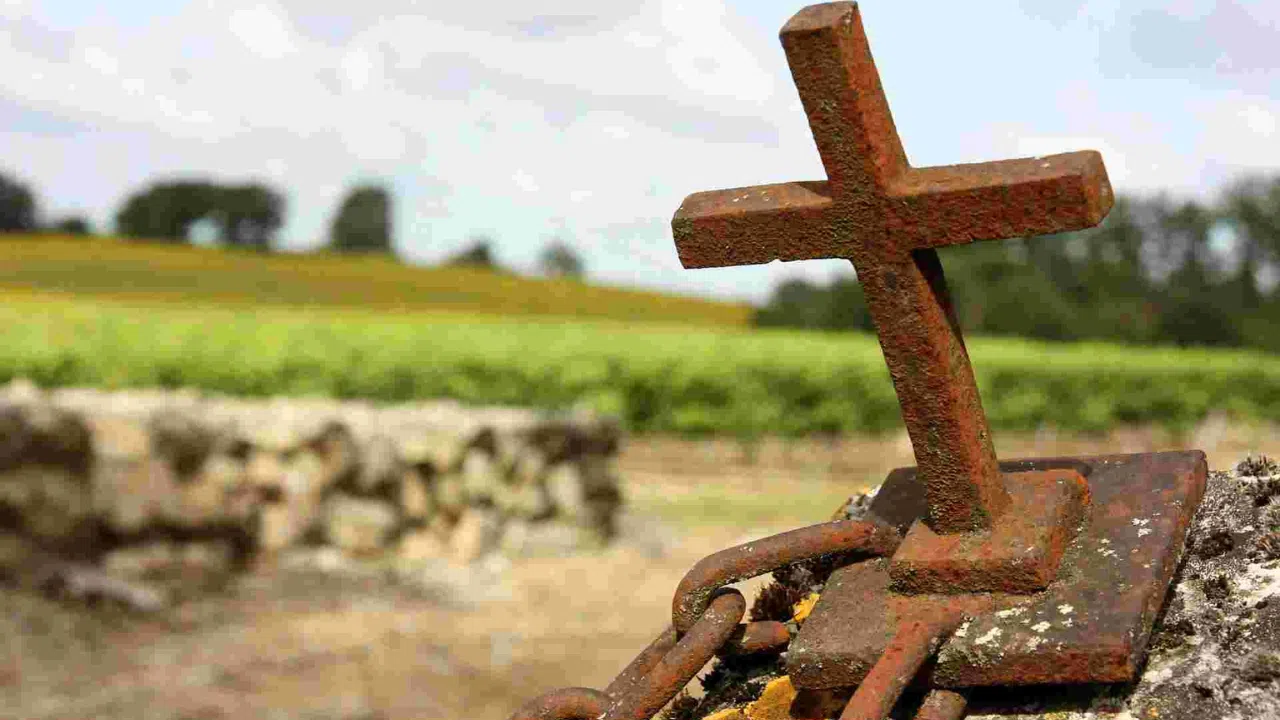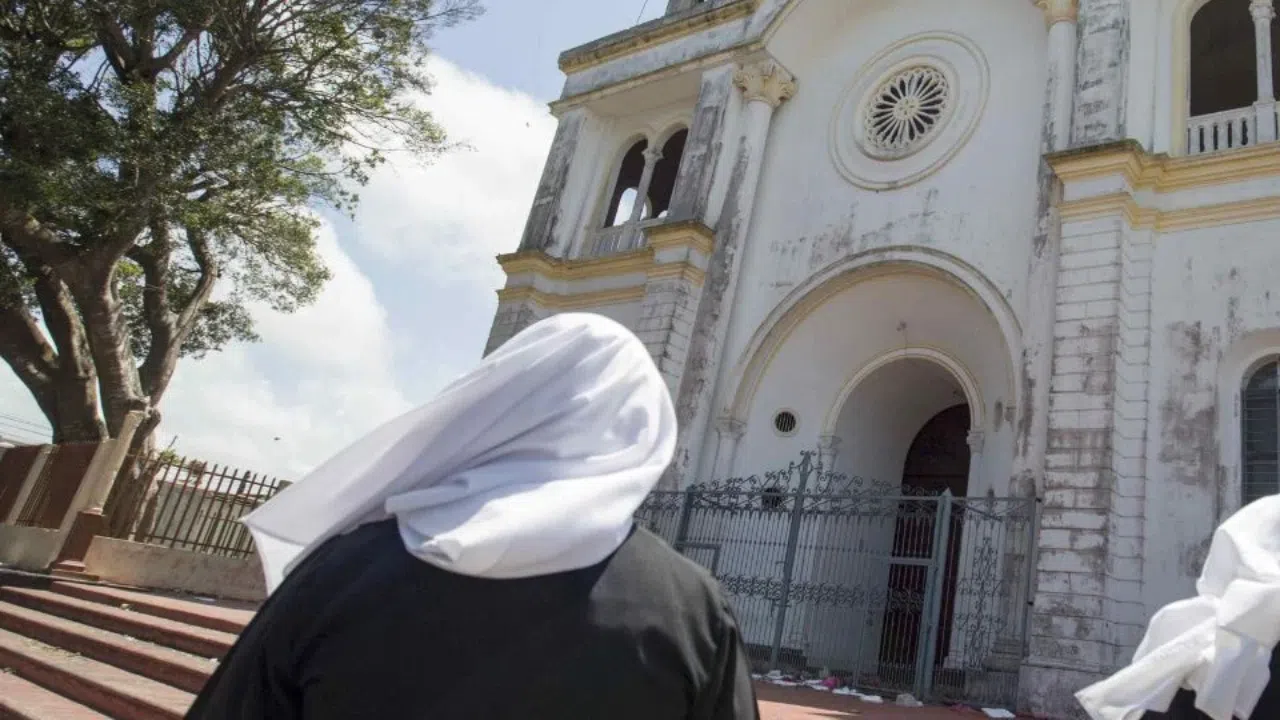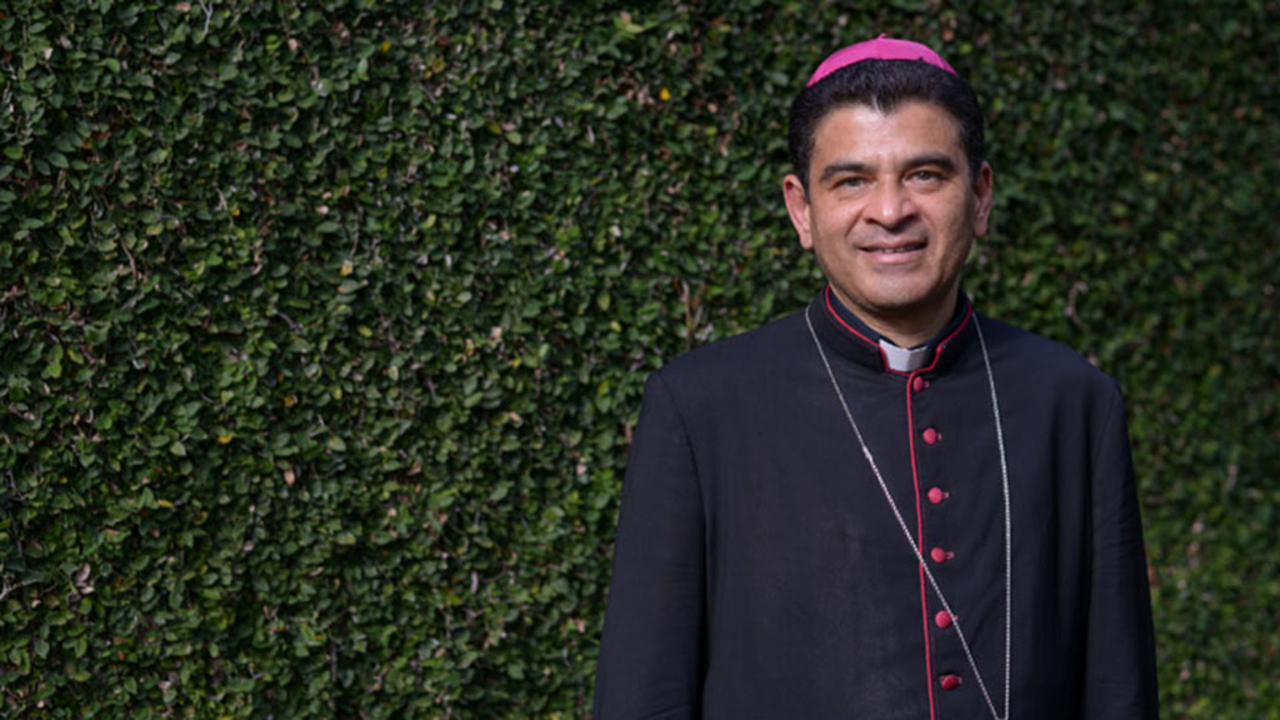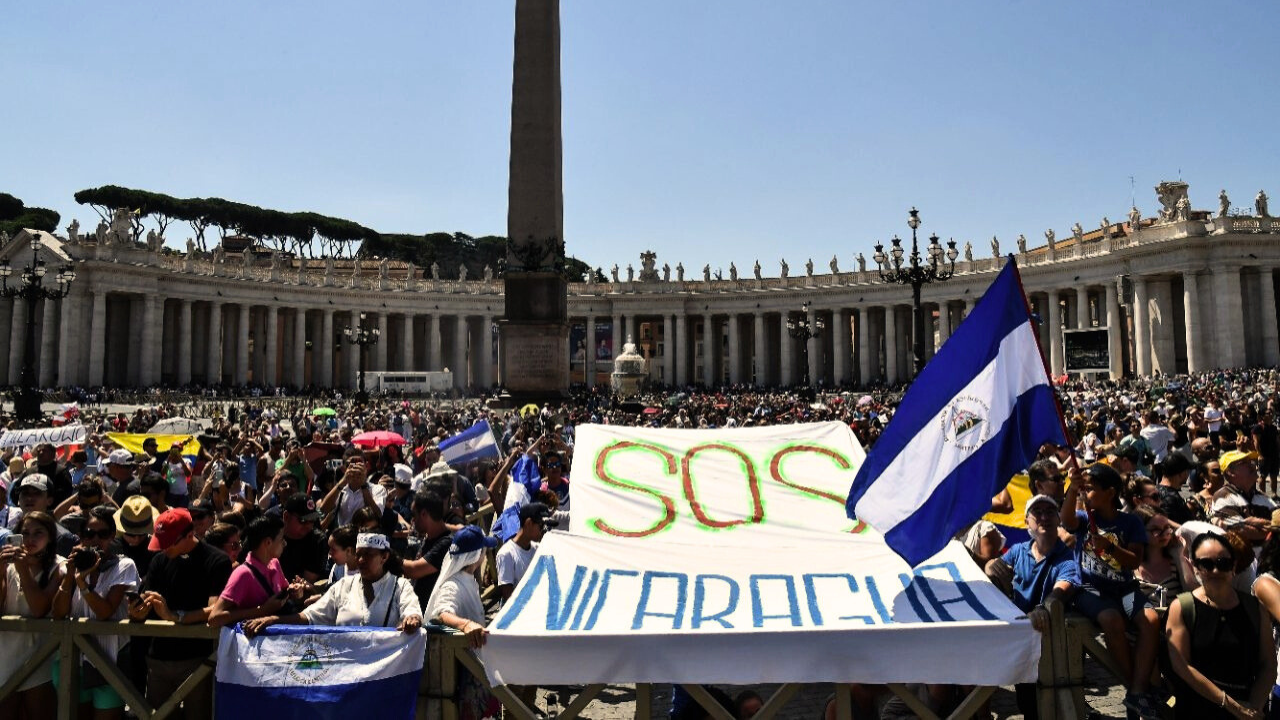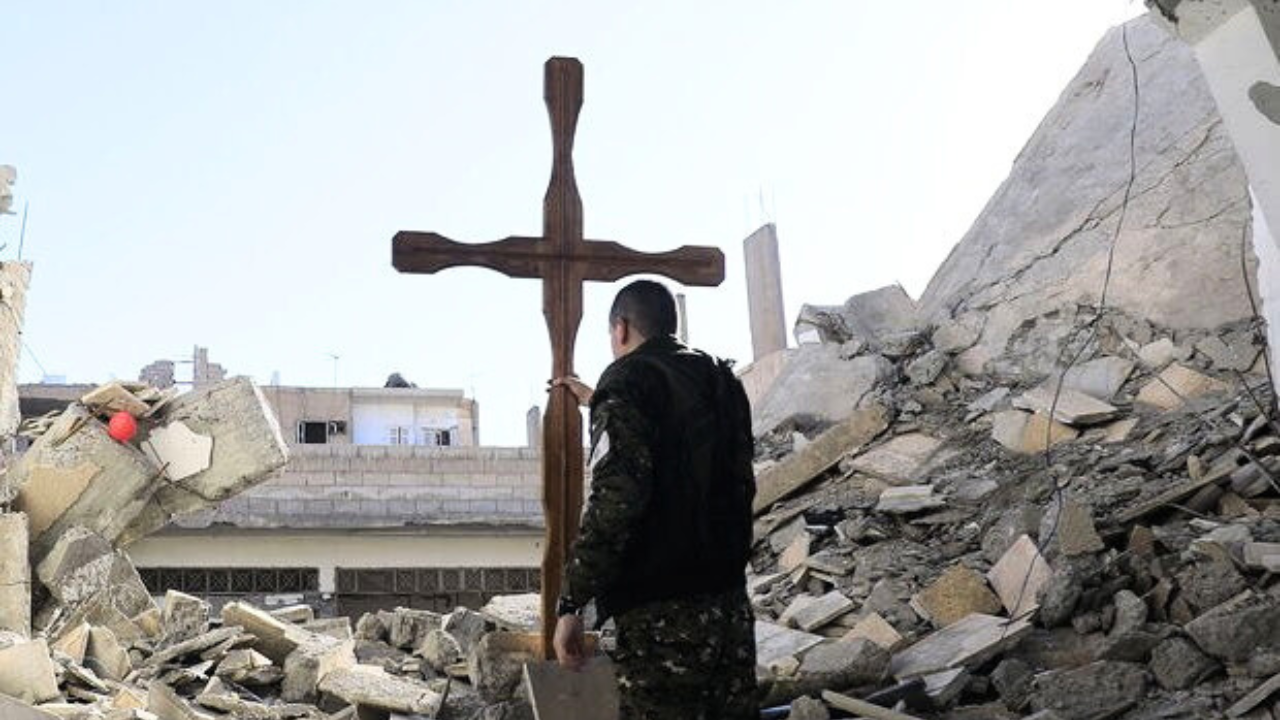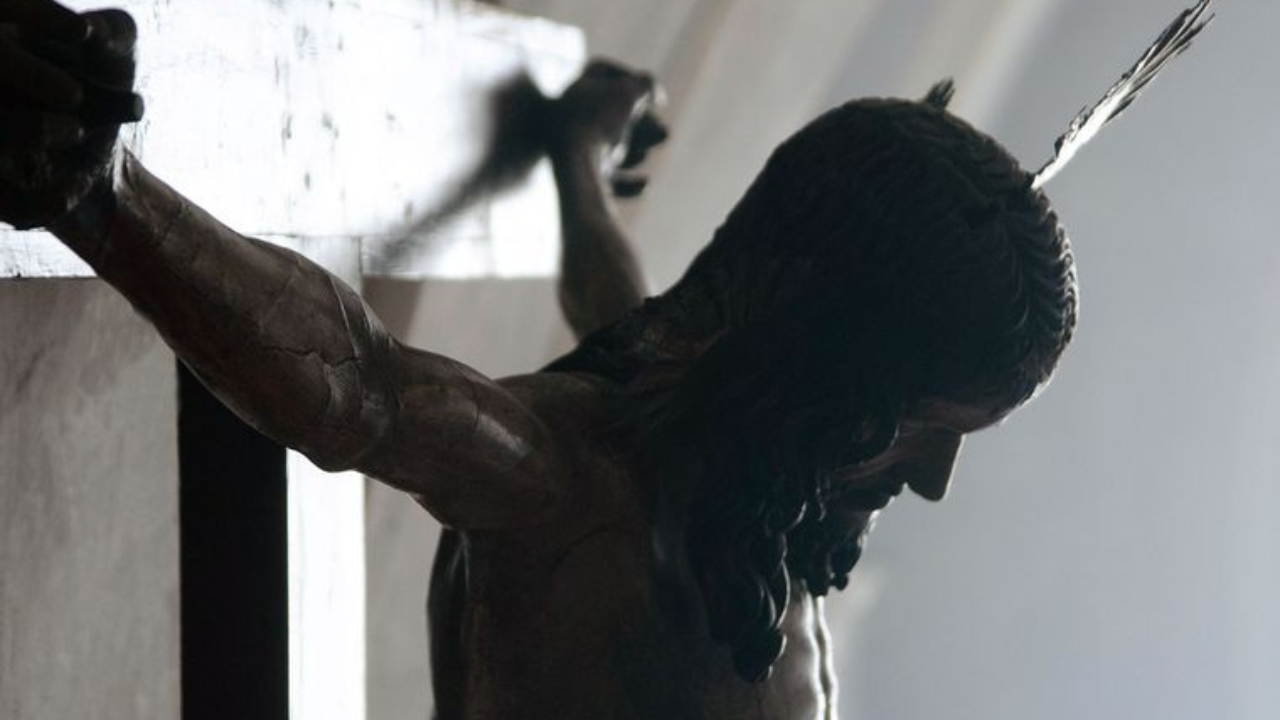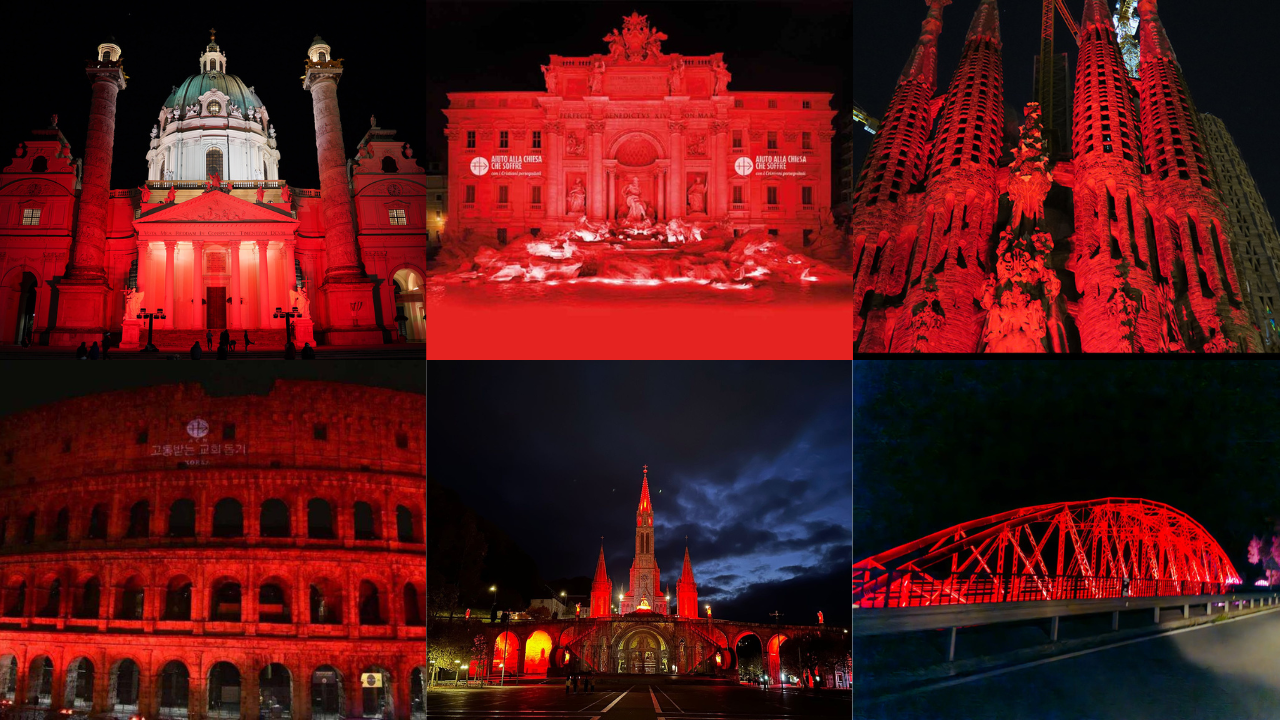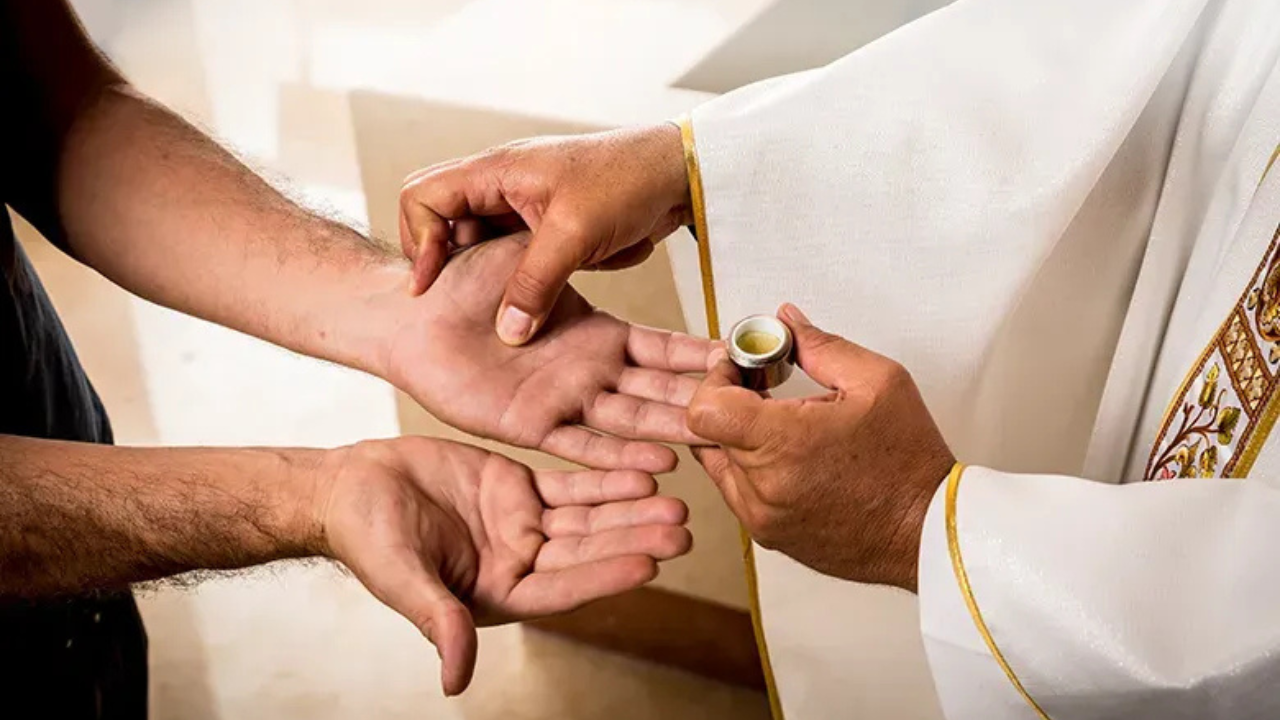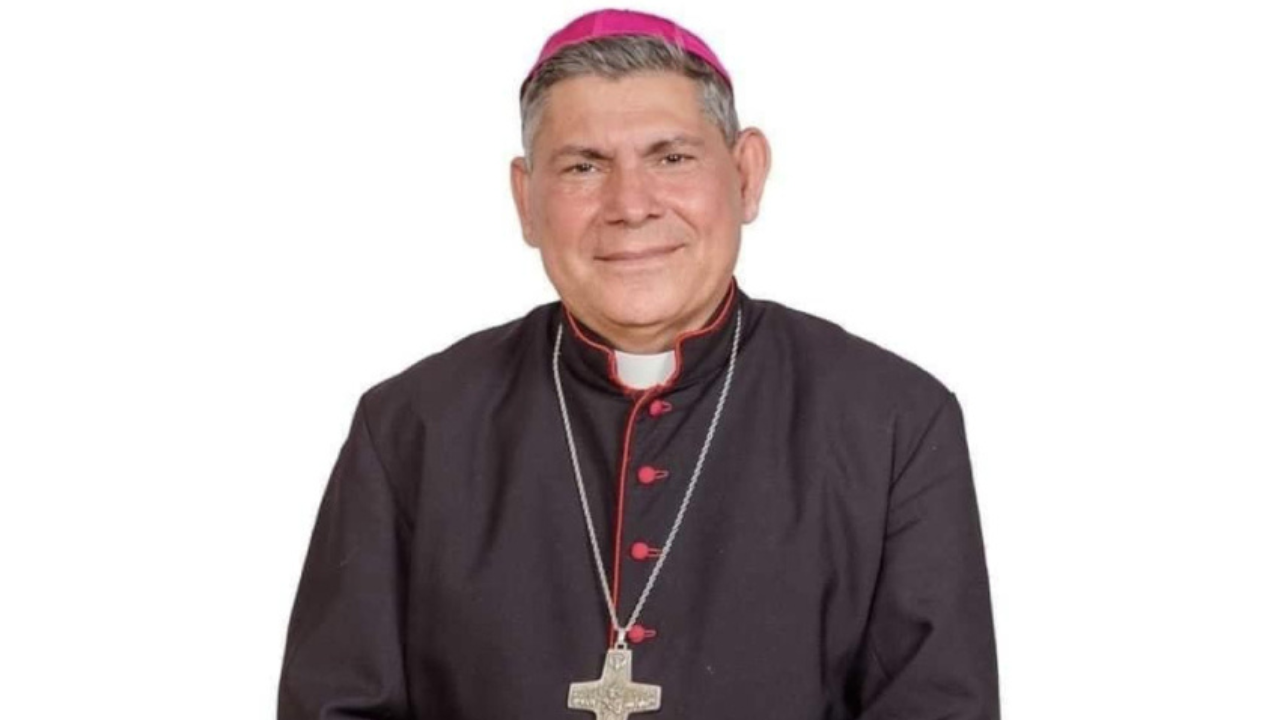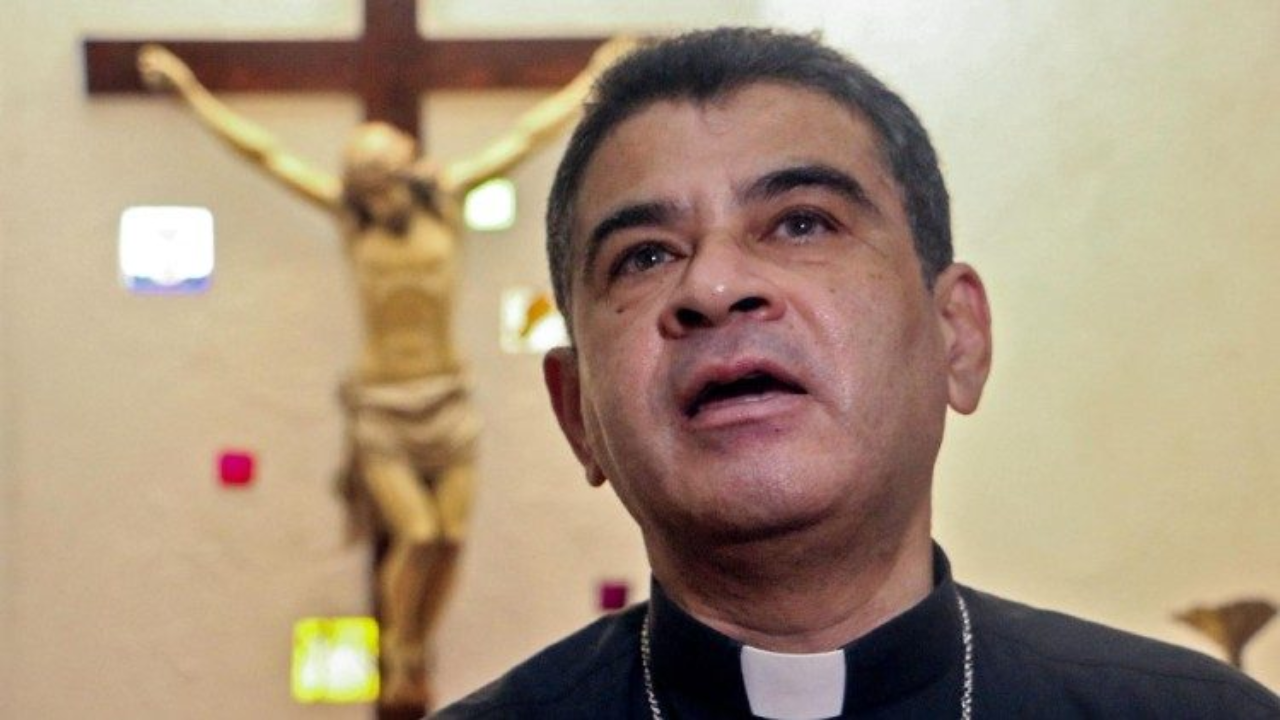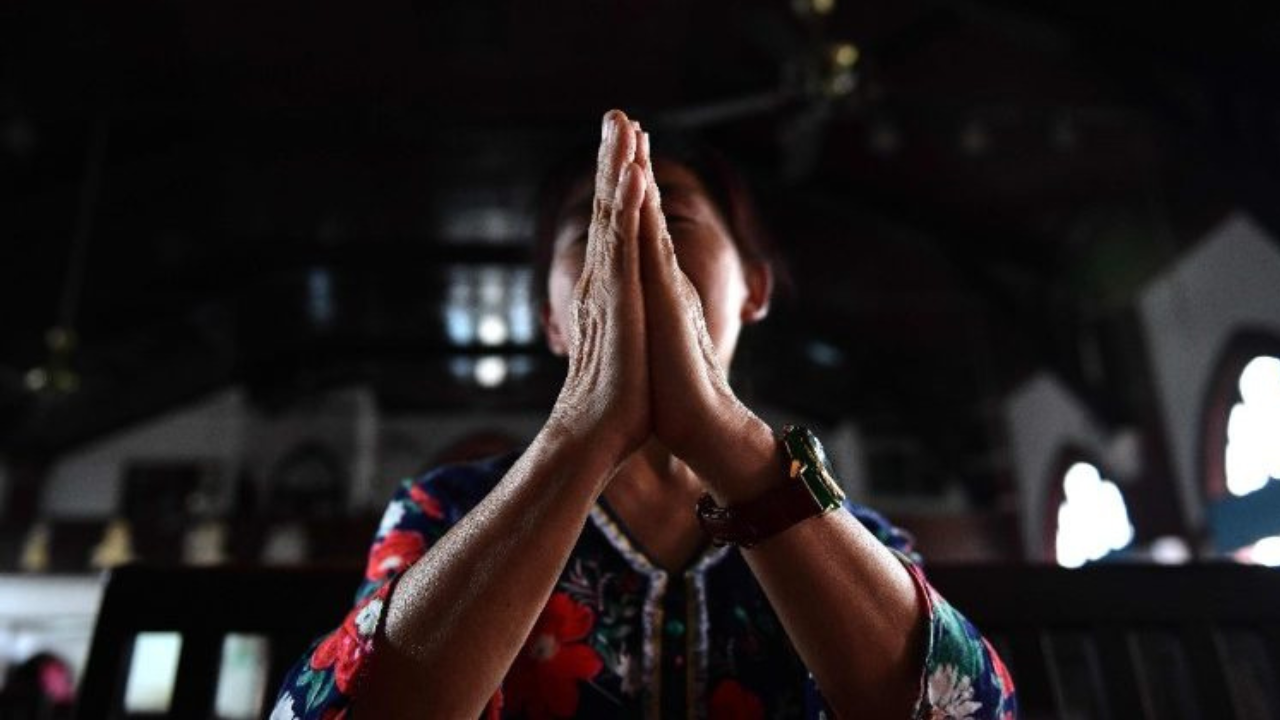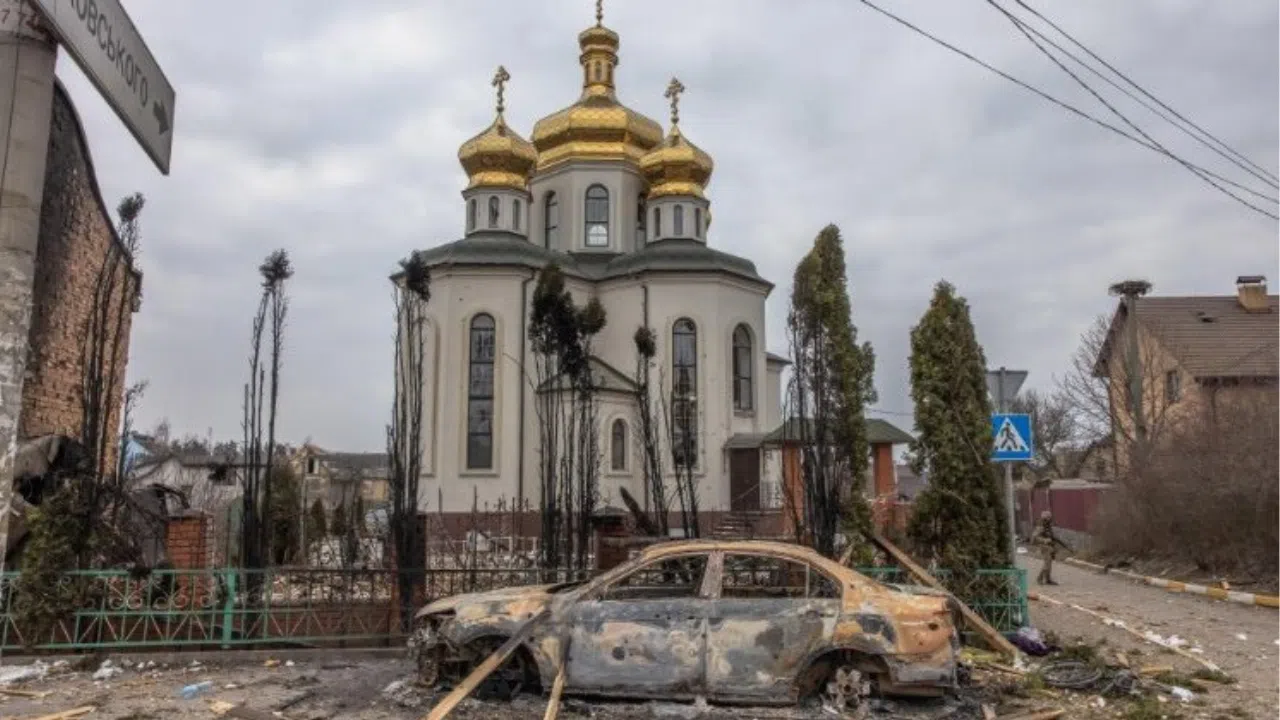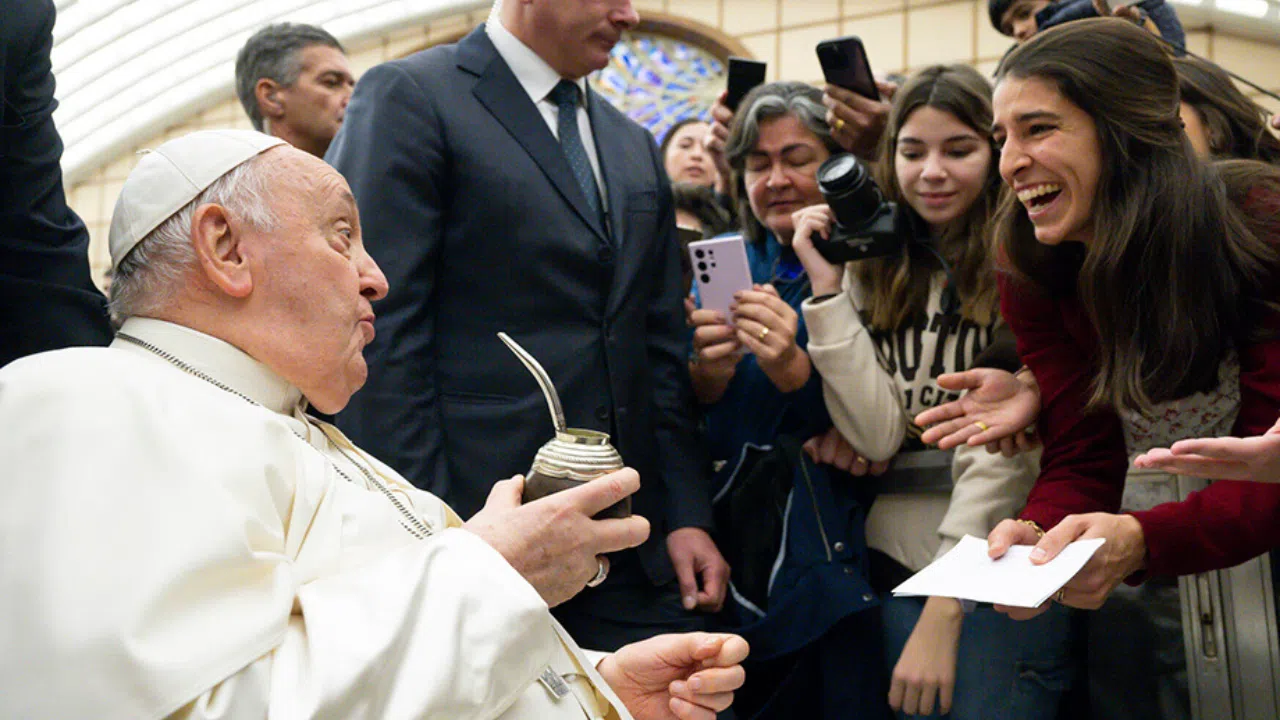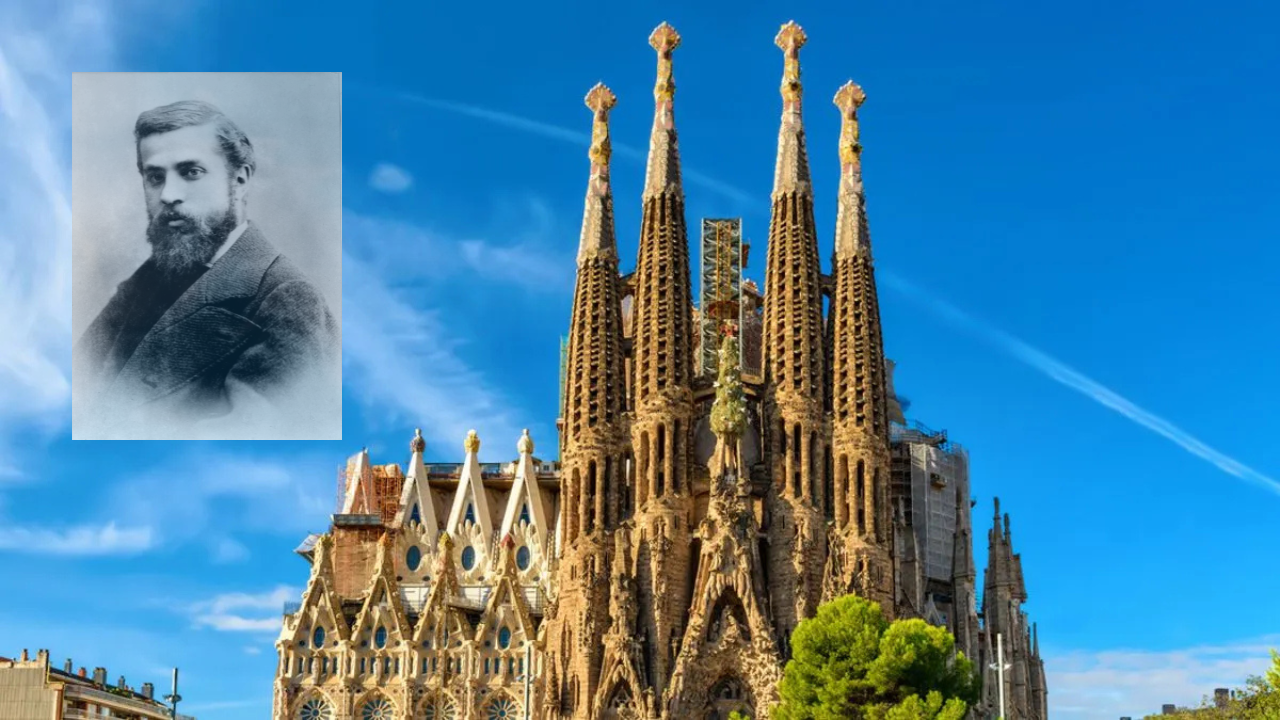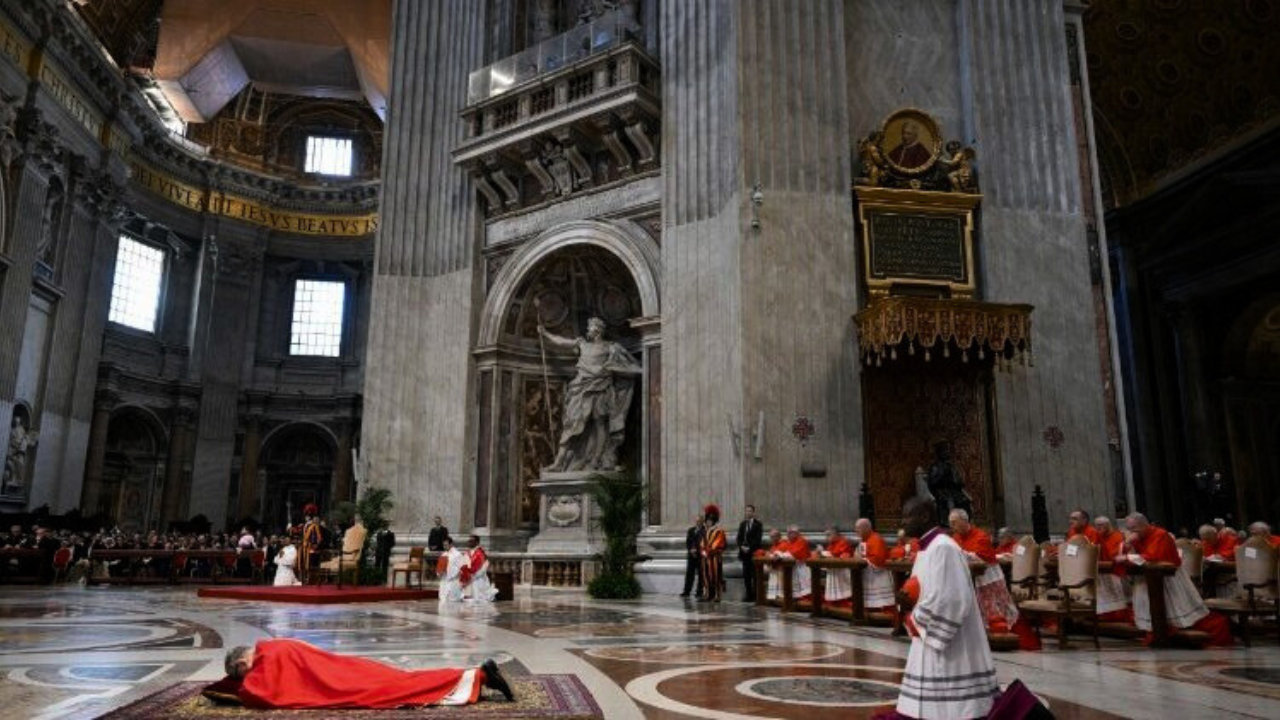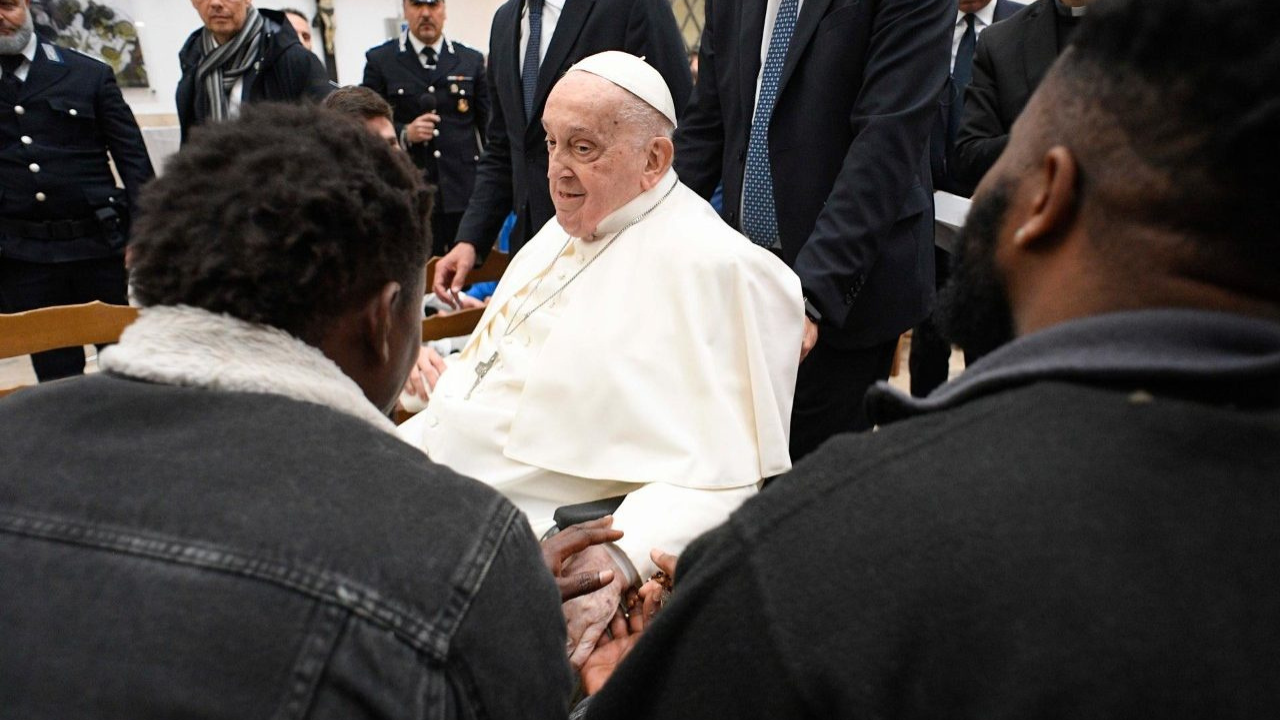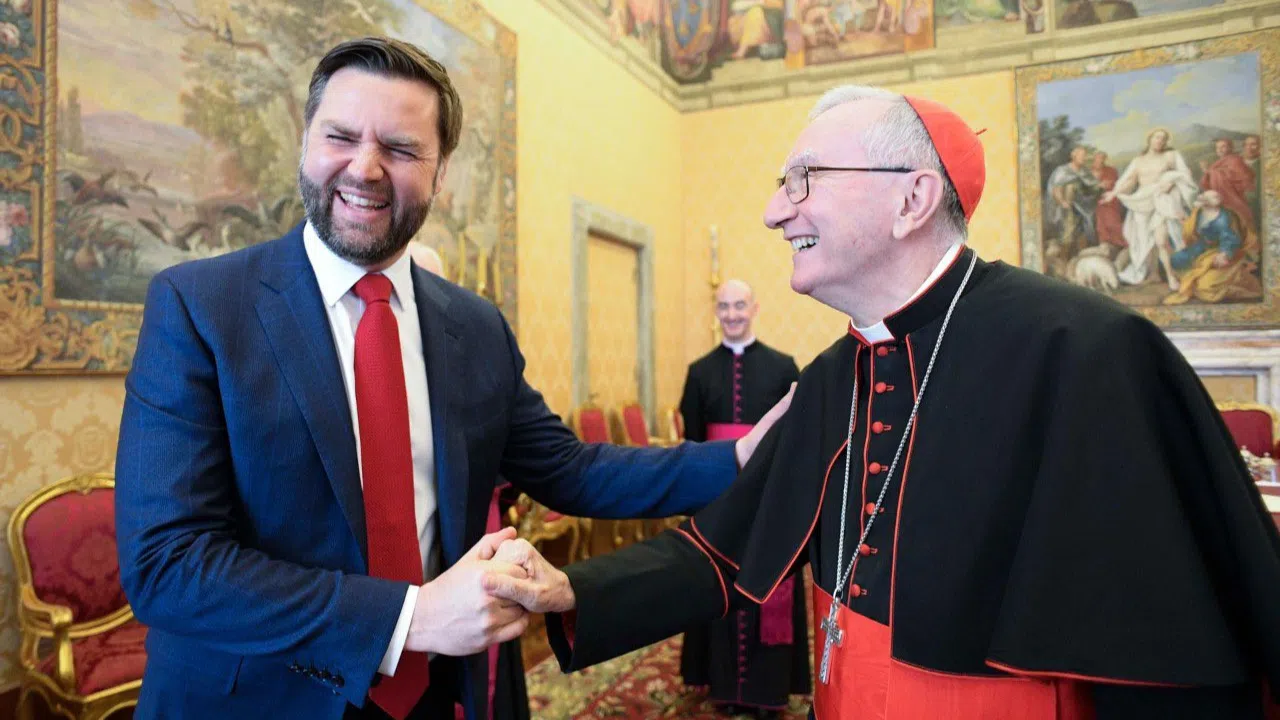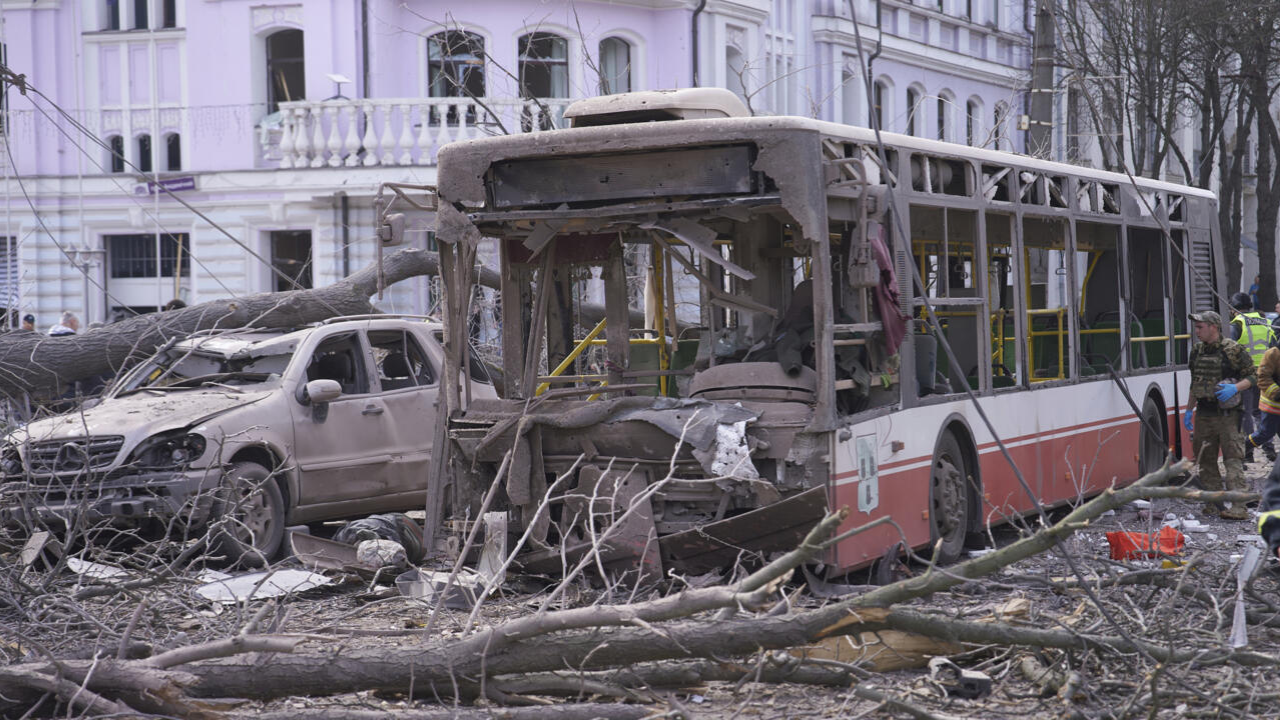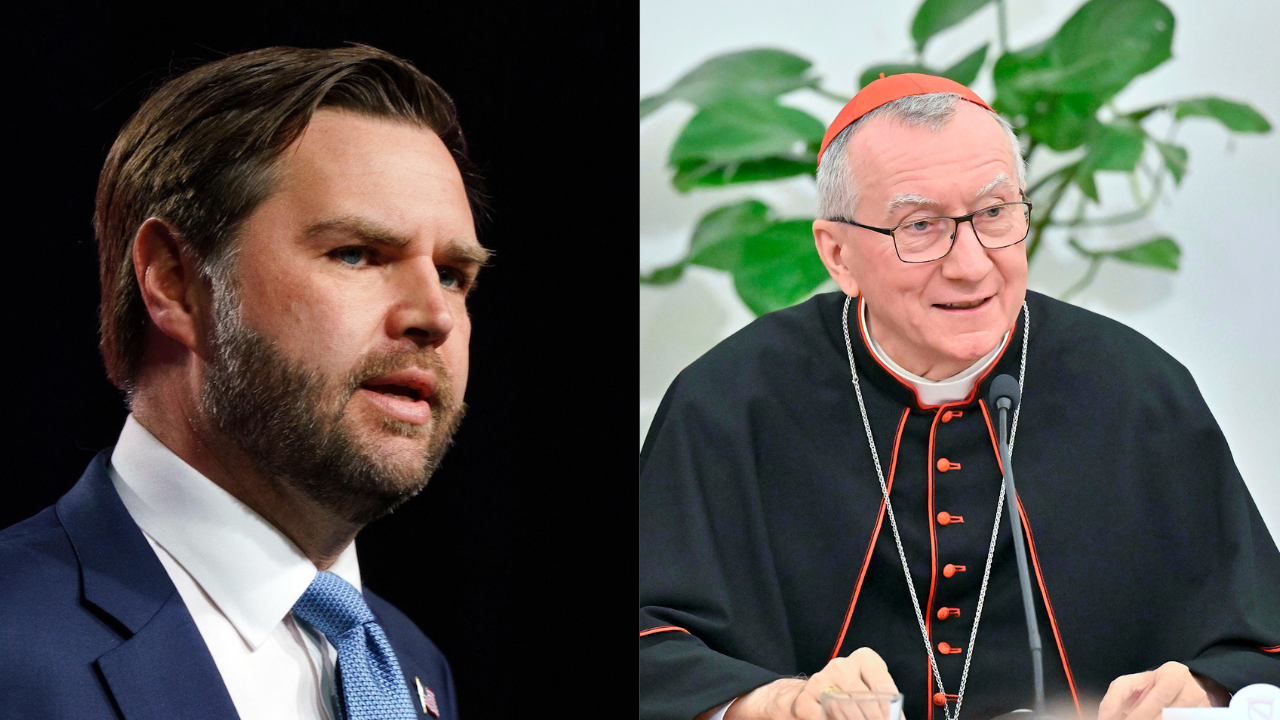We are at the church of St. Tecla in Beirut, Lebanon. Today is not a day of obligation, but the church is still full, mainly with refugees from Iraq; people who have lost everything except their faith.
There are families similar to Milad's, who suffers from a shortage of food for her three children, despite the support of the Christian community.
MILAD
'What the Church receives, it divides it among the families. But if the Church doesn't receive these donations or help, it cannot help.'
In this situation, people like Louis and Hazib play a very fundamental role. They now live in Lebanon after being persecuted in Iraq.
LOUIS SAMIH
'We escaped, as you know, from the danger of ISIS. They came to our country and occupied everything. They stayed at our houses, our lands, and even at my pharmacy ... We were afraid that they would kill us.â?
They lost everything. But now, instead of mourning, they volunteer in various parishes in Beirut, helping other refugees. They have registered over 2,000 Iraqi families in the city, and claim that the persecution has made them stronger.
HAZIB JANA
'Having arrived as refugees, we can say that the faith has grown stronger. More people are coming to Church than before.â?
Hazib and Louis are in charge of helping with bureaucratic procedures, distributing food or money, and being able to maintain a community that suffers in foreign land.
LOUIS SAMIH
'There is some discrimination because the Lebanese consider themselves more educated than us, the Iraqis.'
Unfortunately, most of the Iraqi refugees in Lebanon do not consider returning to their country.
HAZIB JANA
'Our hope as Iraqi refugees is to be able to go to countries like America, Canada or Australia and stay there.'
According to UNHCR, Lebanon is the country with highest refugee status in the world. Almost two out of every 10 inhabitants are in a provisional situation.
